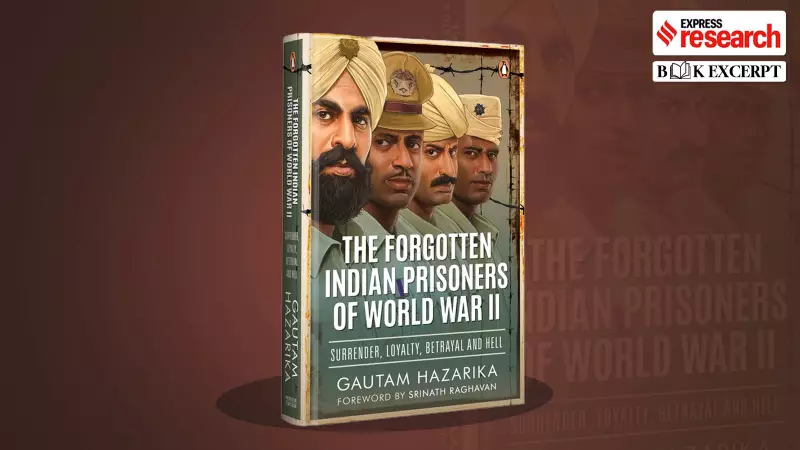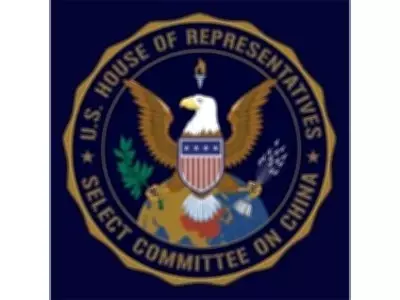
In the annals of World War II history, while the saga of Subhas Chandra Bose's Indian National Army (INA) has been widely celebrated, a parallel narrative of remarkable courage and conviction has remained largely untold. Recent research uncovers the extraordinary story of Indian prisoners of war who, when presented with the opportunity to join the INA and fight against British rule, made the controversial choice to remain loyal to the British Crown.
The Fateful Choice in German POW Camps
As World War II raged across Europe, Indian soldiers captured by German forces found themselves at a historical crossroads. Held in special camps designated for "Indian volunteers," these prisoners faced a life-altering decision. German authorities, in collaboration with Bose's representatives, offered them a chance to switch allegiances and join the newly formed Indian National Army to fight for India's independence from British rule.
The proposition came with immediate benefits: better living conditions, improved rations, and the promise of fighting for their motherland's freedom. Yet, against all practical considerations, a significant number of Indian soldiers refused this offer, choosing instead to endure the hardships of POW life.
Unwavering Loyalty Amidst Extreme Adversity
What motivated these soldiers to reject what appeared to be their ticket to better treatment and patriotic glory? Historical records and personal accounts reveal complex reasons behind their decision. For many, it came down to their military oath and professional ethics. They had sworn allegiance to the British Crown, and breaking that oath went against their fundamental principles as soldiers.
Others maintained skepticism about German intentions and the practicality of Bose's plan. Some simply believed that changing sides under duress would compromise their honor. Their resistance wasn't born of blind loyalty to British rule, but rather from a deep-seated commitment to their word and military discipline.
The Heavy Price of Conviction
The soldiers who refused to join the INA paid a steep price for their decision. They faced continued deprivation in POW camps, with limited rations and harsh living conditions. More painfully, they often found themselves ostracized by their fellow Indian prisoners who had chosen to join the INA cause.
This created deep divisions within the prisoner community, with the "loyalists" facing social isolation and constant pressure to reconsider their stance. Yet they held firm, maintaining their position through years of captivity until the war's end brought their eventual liberation.
A Complicated Legacy in Independent India
After India gained independence in 1947, these soldiers returned to a nation that had largely lionized the INA while forgetting their story. Their wartime choices placed them in an awkward position in newly independent India, where their loyalty to the British Crown was often viewed with suspicion or outright hostility.
Many faced difficulties reintegrating into civilian life and received little recognition for their wartime service. Their complex narrative challenges simplistic notions of patriotism and national loyalty, presenting a more nuanced picture of Indian soldiers' experiences during World War II.
Rediscovering a Lost Chapter of History
Today, historians are working to bring this forgotten story to light, recognizing that these soldiers deserve their place in history. Their decision, though controversial, represented a different form of courage – the courage to stand by one's principles when it would have been easier to switch sides.
This narrative adds depth to our understanding of India's role in World War II, reminding us that history is rarely black and white. The Indian soldiers who refused to join the INA may have chosen a different path, but their story is no less significant in the complex tapestry of India's freedom struggle and its participation in global conflicts.





